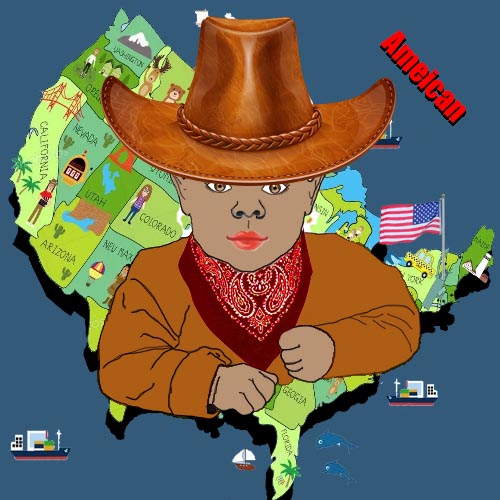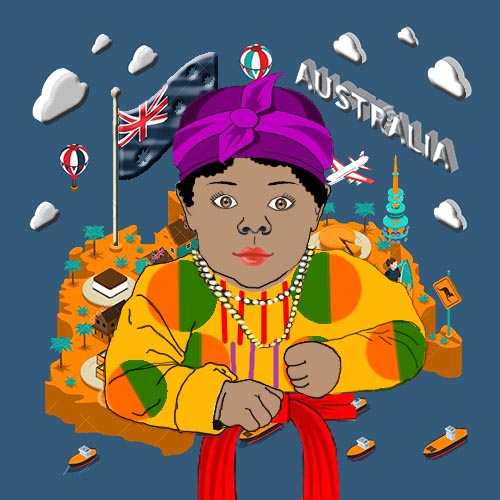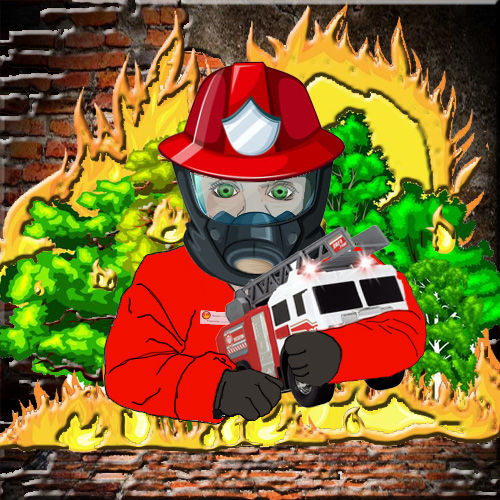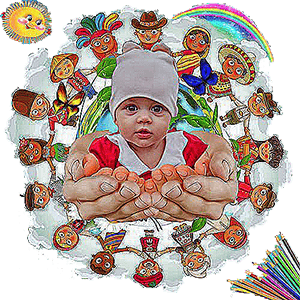BabyWorld is a unique collection of NFT with exclusive features and access to the project's DAO
Buy NFT and help children
BabyWorld is a unique collection of NFT with exclusive features and access to the project's DAO
Buy NFT and help children
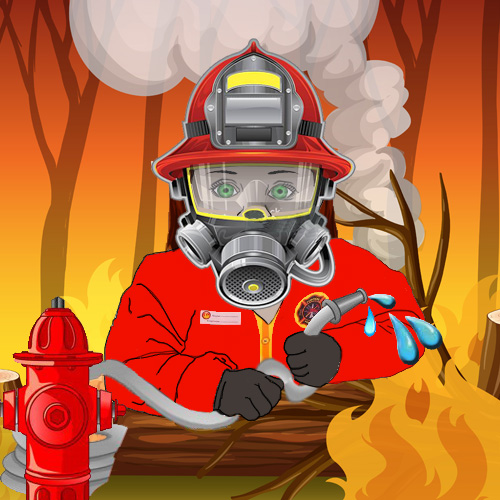
BabyWorld is a collection of 10,000+ NFTs with utilitarian features. Those who will own NFT BW first of all get into the DAO of the project. The usefulness and privileges of the project are available exclusively to BM owners, they will be revealed over time.
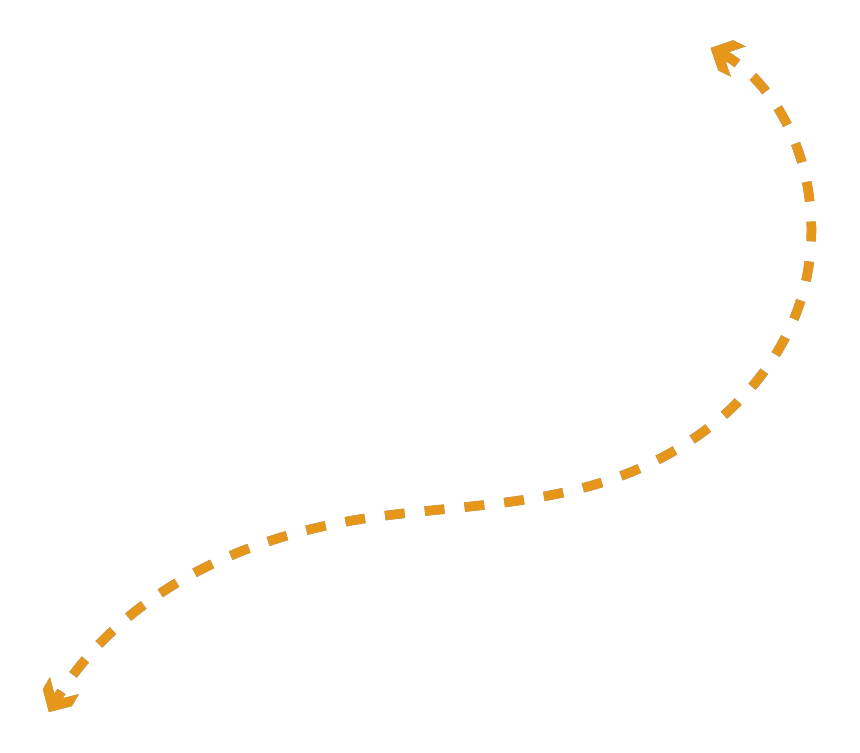

The Baby World project. The team that creates and invests in BW products. First of all, it is aimed at the development of the project and looks into the future. We aim to create an infrastructure linking NFT utilities with the Web 3 industry.
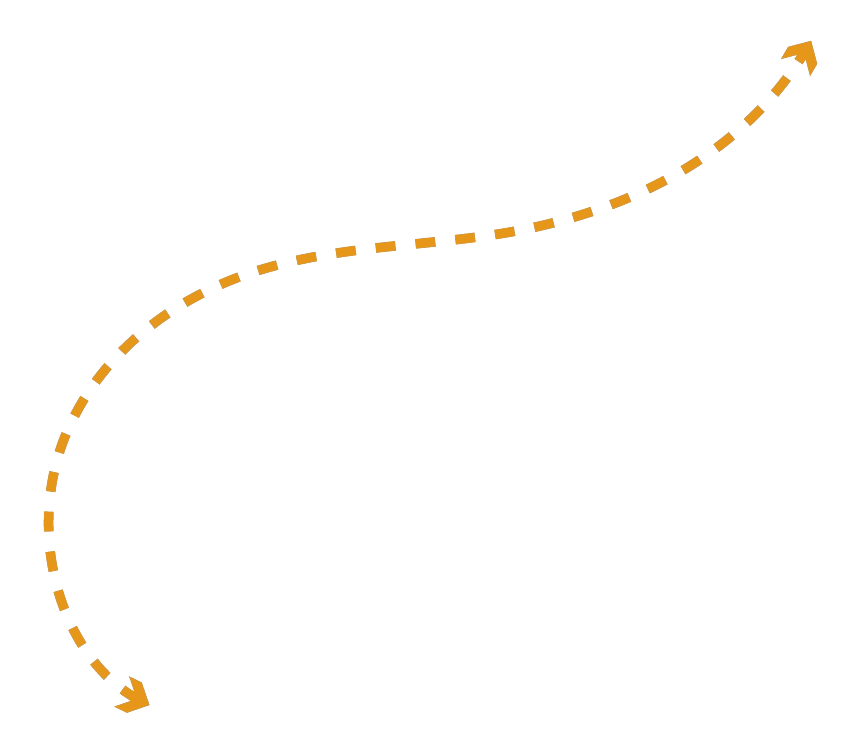
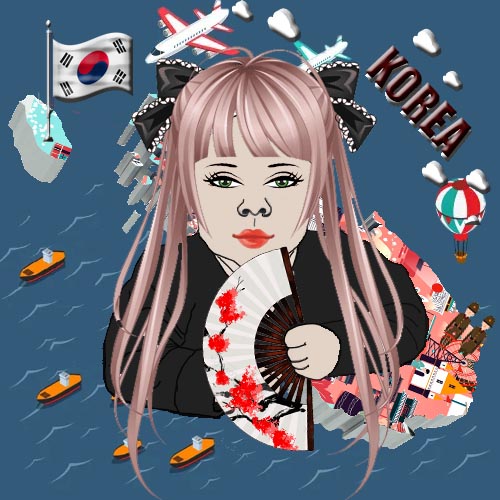
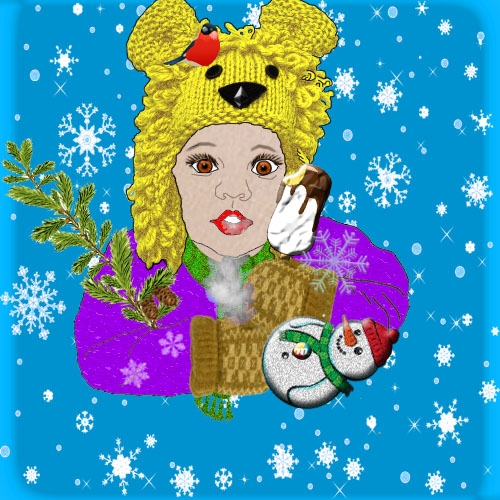
We are creating a fund to help children with disabilities. With each NFT sale, the team sends 10% to charity. In the future, the team plans to develop this area by helping children around the world. The rest will be revealed later...

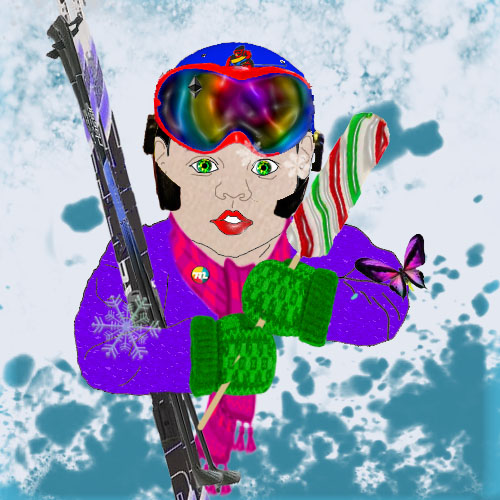
Here are some examples of NFT
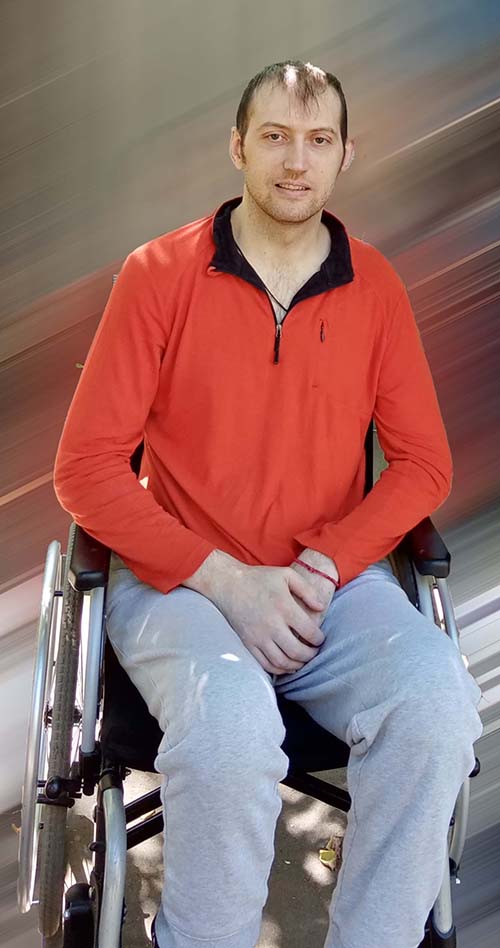
Our team is dedicated to improving the lives of children with disabilities. Our mission is to bring smiles to their faces and ensure those smiles never fade.
A bit about myself and how I came to want to help children with disabilities. Of course, it didn’t happen overnight. Many years ago, I was just like any other healthy young person. I lived, studied, went into the army, served, and when I came back, I started working, like everyone else. I met a girl, we started living together, had a child, and I went to sea, where I sustained a head injury. Like most young people, I thought it would pass on its own, though I sensed something was changing in my head.
Back on land, people told me I moved strangely, but I brushed it off, saying I’d just been at sea, where there’s constant rocking, and I’d adjust soon. I went back to sea for another six months, and that’s when I started realizing something was really wrong. At times, I’d lose strength in my hands, and during one heavy lifting task, my leg gave out. My strength eventually returned, but only temporarily. After that trip, I returned to shore and went to see a doctor, who referred me to a neurologist. There, I was diagnosed with multiple sclerosis. I lost my family afterward, but I didn’t give up, continuing to focus on personal growth and on recovering my health.
Fifteen years have passed since then. Every year, walking has become more difficult, and one day I managed to make it upstairs to my apartment but have barely left since. At that point, I was diagnosed with the first stage of disability. Before I stopped going out, I began noticing people around me who, like me, needed help—people with limited abilities. Healthy people often miss this in the rush of everyday life, not realizing how many people around them need support.
Sitting at home watching TV and browsing the internet, I gradually came to the realization that I want to help children with disabilities. They have so much life ahead of them, yet many of them have never even experienced a proper childhood.
Pitying yourself is the dullest, most hopeless pastime!
